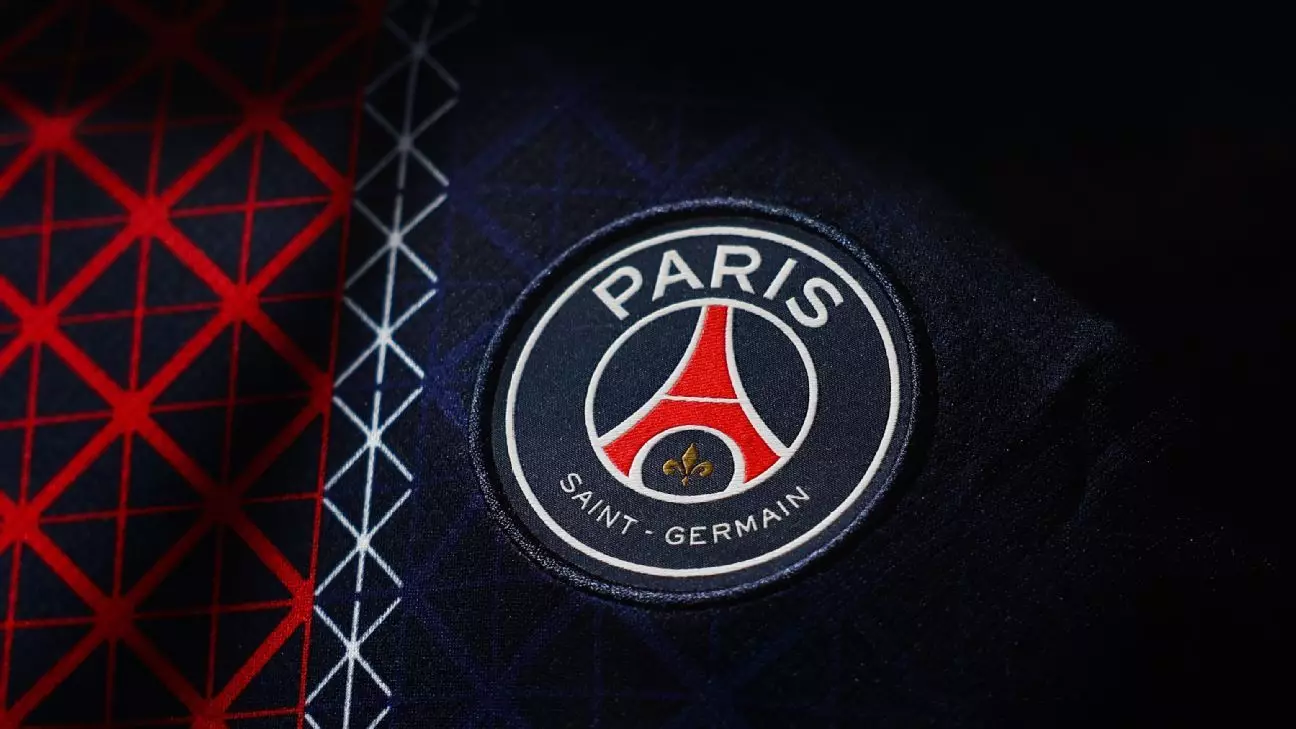In the high-stakes environment of European football’s marquee tournaments, fan misconduct remains a persistent challenge that clubs and governing bodies must confront decisively. The recent disciplinary action against Paris Saint-Germain (PSG) following their triumphant Champions League campaign underscores not just the consequences of unruly supporters, but also the broader issues of accountability and integrity within elite sport. Despite PSG’s historic victory, their reputation was tarnished by fan incidents that prompted hefty fines and sanctions, revealing that success on the pitch cannot shield a club from the clubhouse of discipline off the field.
UEFA’s decision to penalize PSG highlights a fundamental truth: fan behavior is intrinsic to the spectacle of sport, yet it sometimes runs counter to the values of sportsmanship and respect. When supporters engage in acts such as invading the pitch or lighting fireworks, they foster an environment that can be dangerous and disrespectful, prompting governing bodies to take firm action. These sanctions send an unmistakable message: the integrity of the game must be preserved, and clubs bear responsibility for the conduct of their fans.
The Irony of Leadership and Fan Conduct
A striking aspect of PSG’s case lies in the paradoxical relationship between club leadership and fan actions. Nasser al-Khelaifi, PSG’s influential president, is also a UEFA executive committee member, illustrating a complex dynamic where club officials are embedded within the very institutions shaping disciplinary standards. This dual role prompts reflection: should clubs and their executives be held more accountable for fan misconduct when they are part of the system, or is it merely an unfortunate coincidence?
The incident involving a “UEFA Mafia” banner, partly aimed at UEFA itself, exemplifies how fan protests sometimes blur the lines between satire and disrespect. While UEFA tends to penalize such actions—especially when labeled as “disreputable”—there is an ongoing debate about whether certain slogans are genuinely harmful or merely expressive dissent. The fine levied on PSG for this display underscores the regulatory attempt to curb derogatory messages, but also raises questions about the boundaries of free expression within sports.
Financial Penalties and Sportsmanship: A Deterrent or Just Cost of Doing Business?
Financial deterrents are a central tool in UEFA’s arsenal, as demonstrated by the €150,000 fine imposed on PSG—an amount likely less impactful for a club generating hundreds of millions annually. Still, the fines for acts of vandalism and field invasions serve as a stark reminder that misbehavior carries tangible costs. Notably, the club narrowly avoided a more severe penalty—being barred from selling tickets to away supporters for one UEFA match on probation—highlighting the importance of proactive behavior management.
From an economic standpoint, the jackpot prize money of roughly €140 million underscores the stakes involved. Clubs invest heavily to reach this level of competition, and disciplinary lapses threaten not just reputation but also financial stability. It’s a delicate balance: clubs must cultivate passionate supporters without enabling behaviors that could jeopardize their standing or result in sanctions. To do so effectively requires unwavering leadership, clear codes of conduct, and sustained community engagement.
Is UEFA Doing Enough or Missing the Mark?
While UEFA’s sanctions demonstrate a commitment to enforcing discipline, critics might argue that such measures, often seen as reactive, are insufficient to root out deeply ingrained fan issues. The fines, though sizable, are somewhat symbolic—not necessarily capable of changing entrenched supporter cultures. Moreover, some argue that UEFA’s stance is inconsistent, especially considering cases like the Norwegian club Brann, where a fine was overturned after the fans’ conduct was deemed satirical rather than malicious.
Furthermore, UEFA’s strategy appears to be more about punishment rather than prevention. Implementing more comprehensive fan education programs, improving stadium security, and fostering more inclusive atmosphere might prove to be more effective long-term solutions. Ultimately, the governing body must recognize that fans are an integral part of the sport’s appeal—a sentiment that can be harnessed positively rather than solely penalized.
UEFA’s disciplinary actions against PSG serve as a critical reminder: success on European football’s grandest stage entails a commitment to uphold standards of respect and sportsmanship. The responsibility does not rest solely on the players or officials but extends to the passionate supporters in the stands. For football to truly flourish as a spectacle of unity and excellence, governing bodies and clubs alike must enforce accountability at every level, transforming passionate fandom into positive energy rather than disruptive chaos.

